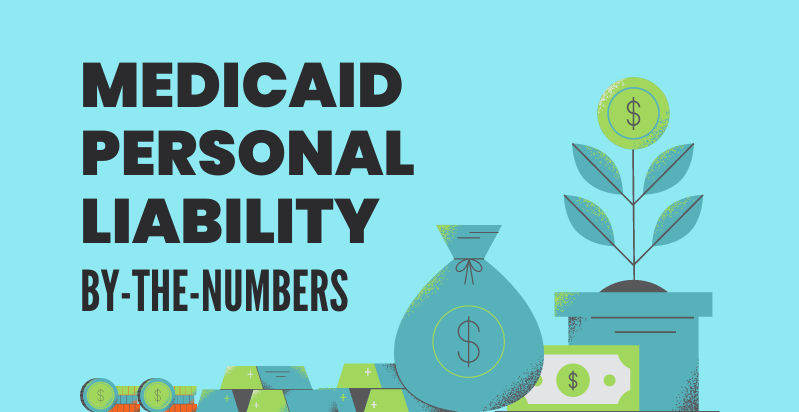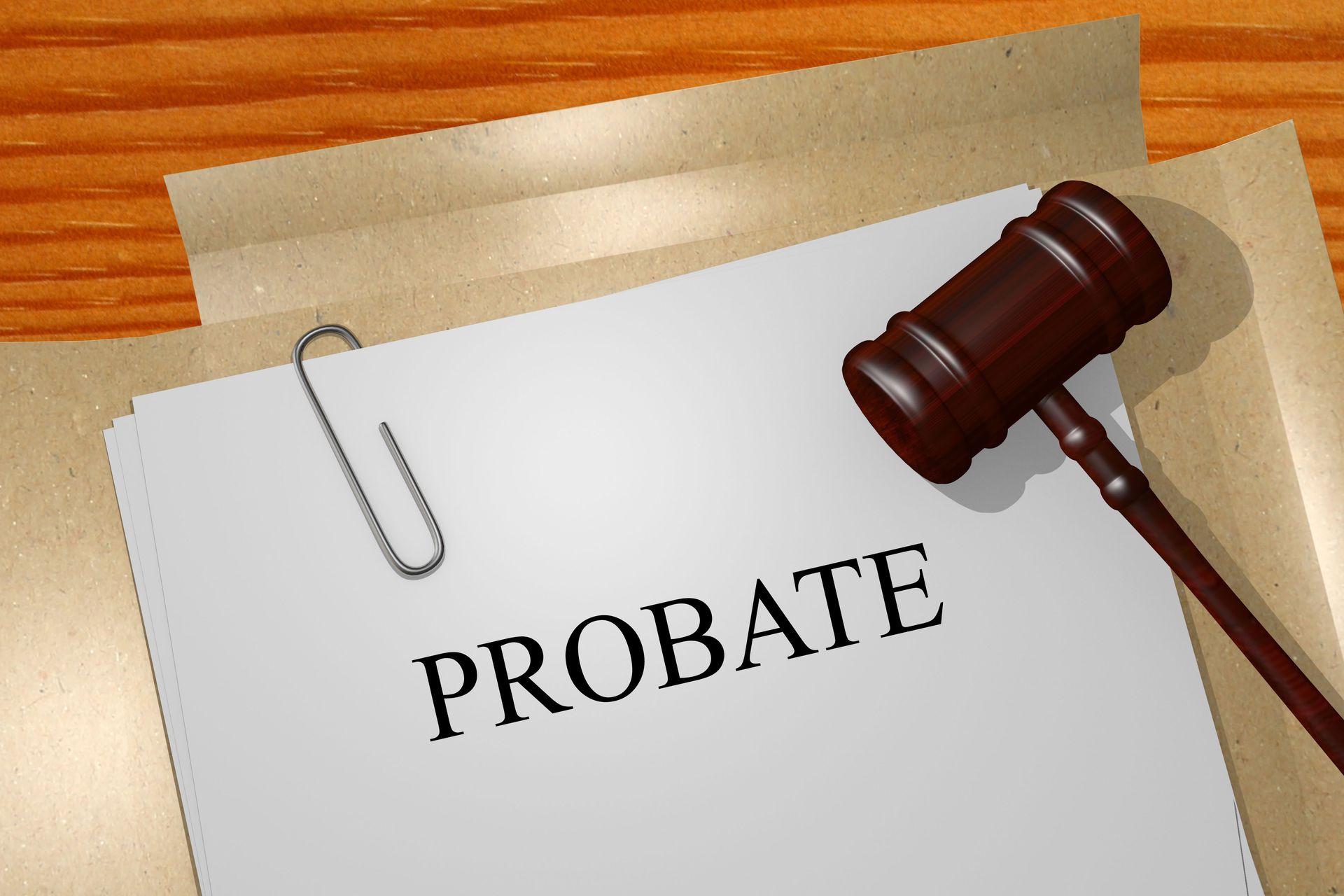Who Will Be Your Heir? Don’t Leave Room for Surprises
As with most things, a will’s value is relative; it largely depends on your unique circumstances.
“Intestate” is the term used to describe the estate of someone who dies without a will. Each state has laws called “intestacy laws” that govern how probate assets are distributed, if someone dies without having a will. These laws establish the inheritance hierarchy based on a person’s family structure. As explained in The Daily News’ article “’Are You My Heir?’-Who Inherits When You Die Without a Will,” all of your assets will pass to your next of kin, also known as your “heirs-at-law” or heirs in accordance to the state’s laws of intestacy.
Here’s one example: if you are married but have no children and no grandchildren, your estate will be passed to your spouse. If two people die and there are no descendants (children or grandchildren), their parents, if living, will inherit their assets. A child who is legally adopted has the same rights of inheritance as biological children. Children born outside of the marriage may not.
If a child should predecease a parent, the living descendants of the child (if there are any) will inherit their share.
In some states, heirs are limited to family members who share the same grandparents. If your family is not geographically or otherwise close, you may have heirs you have never met.
Intestacy can become extremely complex, when there are children and grandchildren. Descendants inherit from their parents and grandparents in percentages dependent upon the total number of children and the number of children in each generation that follows.
If a grandfather has three adult children who are living and one adult child who has passed, then the estate will be divided by three—a third each to each of the two living children and the final third to the grandchildren of the third (deceased) child. The children of the deceased child are heirs, even if the parent has died.
Add non-marital children—children born outside of a legal marriage or step-children—and things start to get complicated. A court will have to determine the intestate inheritance, based on proof that the child is a descendant and if that relationship is established in a timely manner.
If the father’s name is on the child’s birth certificate, that is generally enough proof of the relationship. It doesn’t matter if they have a close relationship or have never met. The same applies to marital children—whether they have been close and caring or are estranged.
It’s best to have a will and an estate plan, so you can decide your heirs. You are also sparing your loved ones the emotional rollercoaster of family surprises. Make an appointment with an elder law attorney to take care of this important matter.
Reference : The Daily News (Sep. 7, 2018) “’Are You My Heir?’-Who Inherits When You Die Without a Will”


Marietta, GA
Main Phone: (678) 250-9355
Woodstock, GA
2230 Towne Lake Pkwy
Building 1200, Suite 120
Woodstock, GA 30189
Main Phone: (678) 250-9355
BUSINESS HOURS
Monday to Friday
8:30am - 12:00pm
Closed for lunch
1:00pm - 4:30pm
Closed Saturday, Sunday
GET OUR NEWSLETTER
We believe that smart decisions begin with accurate information. Sign up for our monthly newsletter and get advice on how to secure your financial legacy.
Elder Care and Estate Planning Tips, Advice & Resources. Sign up now.
Get Our Newsletter Form
We will get back to you as soon as possible.
Please try again later.













